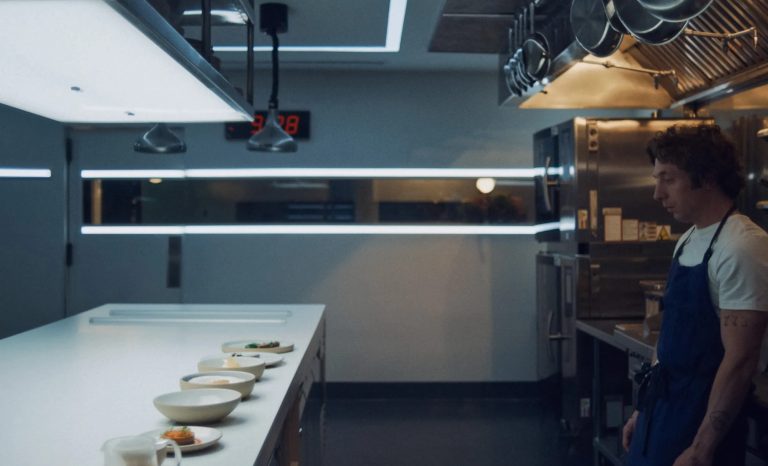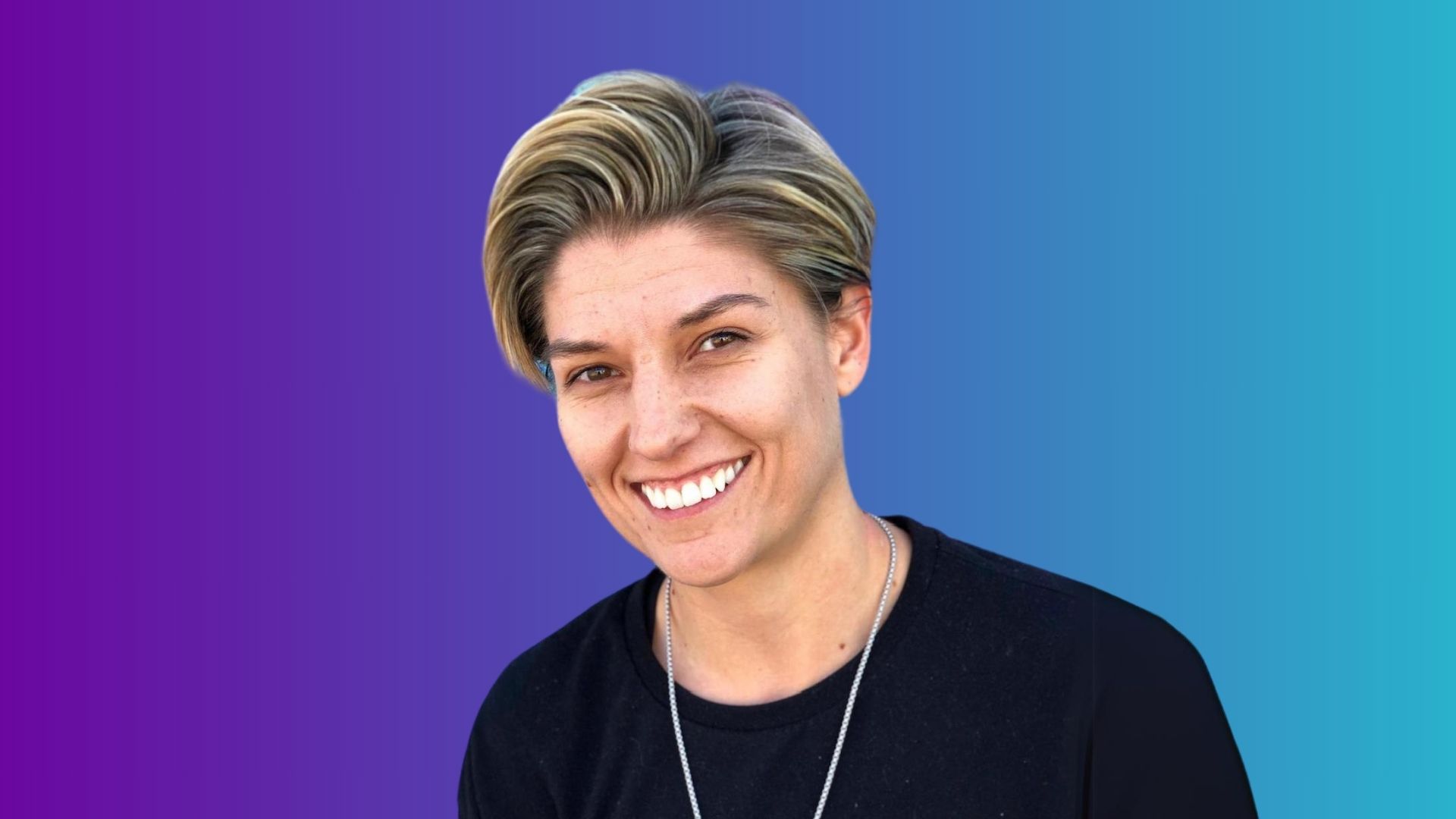5 Things I Learned From the Screenwriters Residency Program

Lindsey Addawoo is an emerging screenwriter and producer from Toronto, ON, Canada. Her sci-fi drama pilot, Diagnosis, was selected for the Bahamas International Film Festival Screenwriters Residency Program and is in the process of being developed.
I’ve been home for nearly 4 days and it still feels like I’ve dreamt up the past week schmoozing and picking the brains of top industry producers and filmmakers.
I remember the giddy feeling I got when I opened up my email to find Cameron Cubbison of ScreenCraft inviting me to the BIFF Screenwriter’s Residency Program in Harbour Island, Bahamas.
That airy feeling of disbelief didn’t leave after I’d opened up the email another 15 times. Or when I called my mom. Or booked my flight. Or sunk my toes into the sand at the beach resort.
No.
This feeling was something that drove me to frantically tweak my script, put my best foot forward and accept the fact that I was about to have the opportunity of a lifetime.
I think life seldom offers writers – especially screenwriters – the chance to have these ‘pearl-clutching’ moments where we can say, “hey, my script might actually take me somewhere. This is good.” There are certain opportunities that pop up in a writer’s lifetime that we simply cannot say no to. This was one of them.
After all, in what world would the newbie Canadian writer so far removed from Hollywood get to discuss her script with the likes of Vince Gerardis (Game of Thrones) and Sean Covel (Napoleon Dynamite) while overlooking a Caribbean ocean?
I still don’t believe it. And I was there.
The featured mentors each had their own area of expertise, making for a well-rounded downpour of knowledge that us writers soaked up. Nothing could prepare me for the breadth of knowledge I was about to receive.
Upon arrival at Coral Sands Resort, myself and several other writers and filmmakers were greeted by BIFF founder Leslie Vanderpool and her merry team. In true Bahamian style, we were greeted with warm smiles, hugs and welcomes (not to mention complimentary champagne). I took this opportunity to explore the resort a bit.
Later that evening, we attended the filmmaker’s reception and enjoyed a screening of the classic movie, Jaws: The Revenge.
The following day was when the real games began. After a morning meeting of introductions, we screenwriters broke off with our mentors. What I thought would be generic, overlapping advice actually surprised me; each mentor was astoundingly specific with their advice, suggestions and willingness to help in their respective area of expertise. From development panels to pitch sessions, it felt like we had front row seats to the development of our scripts and screenwriting careers.
Here are 5 of the single most valuable pieces of advice I learned during the course of the program:
1. Find out who has access to certain deals
Within five minutes, it was pretty apparent that my first mentor, Matthew Helderman, CEO and co-founder at Buffalo 8 Productions and Bondit was a film distribution and business guru. I had an incredibly relaxing session by the sea chatting with Matt about screenwriting career aspirations and how to best use my existing TV knowledge, resources and network within the Canadian landscape to advance a career in television writing. It was clear that Matt had a wide breadth of knowledge on talent management as well. He went in depth with different types of management agencies, what premium cable services look for versus streaming services (like Netflix and Hulu), and how to access production companies with POD deals.
2. There are big markets just waiting to be tapped into.

One of the running ideologies echoed throughout the week was that it’s getting increasingly difficult to produce and market film. While TV is becoming more competitive, it’s still easier to break into and offers a more immediate payoff. As an aspiring TV writer, this was music to my ears. John Rhodes, co-founder of ScreenCraft, and I sat down by the pool at Romora Bay Resort to discuss my script and the industry as a whole.
I quickly learned of the different opportunities available to me and how to tap into various demographic markets.
We also discussed potential audience pockets that are slowly becoming less and less niche and more and more demanding. We had an amazing dialogue about how to break into those demographics and the pull that social media has when financiers consider investing into different projects.
3. Make each scene matter.

As an aspiring TV writer, I was especially excited (and nervous) to meet HBO’s Game of Thrones producer Vince Gerardis. I remember searching his IMDB page before I hopped on the plane and feeling a bit overwhelmed. Before we boarded, I spotted him sitting across from me in the waiting area.
“Is that the Game of Thrones guy?” whispered one of the other writers, quietly leaning in to me.
“I think so. He seems intense. Now I’m nervous.” I responded.
“Seems like we’re both a little star-struck.”
Little did I know that Vince would be one of the most down-to-earth, honest and creative minds I’ll ever come across. When I finally had the opportunity to meet with him for mentorship, what I thought would be an awkward evening mentoring session turned out to be thought-provoking and innovative. I was expecting my baby (read: script) to be eaten alive, but instead I was given sound advice on how to improve the pacing of it and improve its marketability. In what seemed like one long breath, Vince single-handedly told me how I could clean up my script, what to focus on and how to pitch it. “Tighten up the scenes where it doesn’t progress. Each scene has to mean something”.
4. Reference material is everything
It was exhilarating meeting with Cameron Cubbison, the other co-founder of ScreenCraft. We had exchanged emails before, and it was clear that Cameron had a lot of passion for and experience in the art of storytelling. I made it my duty to let him know how grateful I was to receive his remarkably insightful feedback in the past. ScreenCraft pays a great attention to detail in each script, and is great at referencing source material to draw story technique and inspiration from. As a new writer, this was invaluable to me for creative direction. Cameron and I had a great discussion on how to marry different elements in my story, set up catalysts in my pilot, and really make my characters sing. He also highlighted how to build balance between different character arcs and how to create nuanced characters based on how they react to events in a storyline. Again, mind-blowing.
5. It’s the little things that count

Last, but certainly not least, I met with the warmhearted, easy-going and hilariously talented Napoleon Dynamite producer, Sean Covel. He and I sat down at the Bahamas Coffee Roaster where he mapped out my story on a giant cardboard sheet of paper. Together, we ventured through my story act for act, honing in on what clues I should be planting and where to plant them. He focused on the intricate details of my script, with an acute focus on little things like time of day and subtle foreshadowing. “Major plot points should come way earlier,” he said. “Hint it as early as on page 10, instead”. Like Cameron, he generously offered reference material and himself as a resource.
Overall, the BIFF Screenwriters Residency program was an incomparable experience that provided so many opportunities and strong relationships between writers, filmmakers, and other industry professionals.
I can’t wait to hear about the films and television shows that will be produced based on BIFF. Until then, it’s back to the drawing board in the small suburbs of Toronto.
Tags
Get Our Screenwriting Newsletter!
Get weekly writing inspiration delivered to your inbox - including industry news, popular articles, and more!


























